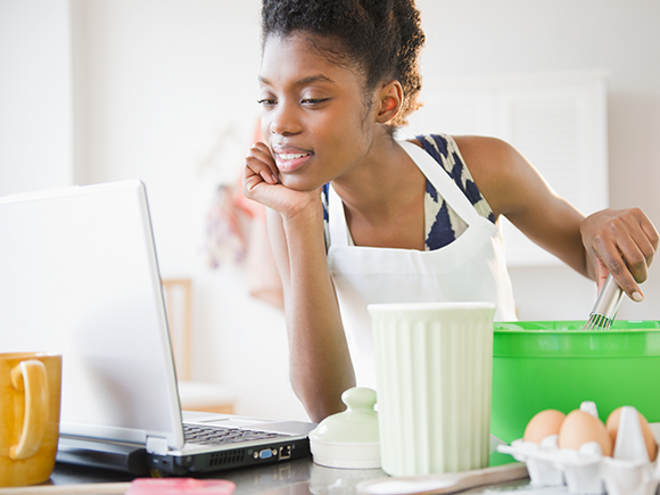
If you’re thinking about having a baby, it’s a good time to look at your diet. Discover below which foods are essential for a healthy pregnancy.
There are some nutrients that are particularly important for preconception and pregnancy like folic acid, iodine and iron.
What is Folic Acid?
Folic acid (a B vitamin) is particularly important at the very beginning of your pregnancy and while you are trying to conceive. Very early on, folic acid plays a critical role in the development of your baby’s neural tube - the beginning of their spinal cord and brain. Folic acid requirements for pregnant woman is 600mg per day, this is 50% greater than the general population.
These days, a folic acid supplement is commonly recommended once you start trying to conceive (ideally for a period of four weeks before conception) as well as during the first trimester of your pregnancy.
If you did not take a folic acid supplement before or at the start of your pregnancy, don't worry. Remember that a varied and balanced diet will also provide folic acid.
The following foods are rich in folic acid:
- Vegetables, especially raw green leafy vegetables (spinach, cabbage, leek, lettuce, green beans and peas)
- Legumes (chickpeas, kidney beans, etc.)
- Fruit (especially citrus fruits like oranges, red fruit, etc.)
- Nuts
- Yeast extract such as VEGEMITE
- Foods that have folate added to them (most breads in Australia, some breakfast cereals and fruit juices)
How do I get enough Iodine?
Iodine is a mineral important in the normal growth and development of your baby from the beginning of your pregnancy to the end. Talk to your healthcare professional about your individual needs and whether supplementation may be appropriate.
The good news is that there are foods you can eat to help you get Iodine in your diet:
Seafood including seaweed.
Commercially available bread made using iodised salt
If you use salt in cooking, choose Iodised salt from the supermarket
Why is Iron important?
When you become pregnant your body's iron needs increase, so it's good to start thinking about how you can meet your needs early on. Iron is a mineral that helps red blood cells carry oxygen to all of the other cells in your body and to your baby during development.
Iron requirements will increase during pregnancy: from 18 mg/day before pregnancy to 27 mg/day during pregnancy.
Don't worry, it’s fairly easy to find iron-rich foods. We’ve listed some below, in order of highest iron content:
- Lean red meat
- White meat, cooked fish
- Eggs
- Legumes
- Green leafy vegetables, e.g. spinach and broccoli
How do I boost iron absorption?
Vitamin C can help your body absorb iron from foods. For instance:
eat a piece of citrus fruit or kiwi fruit for dessert after a steak dinner; or
have a glass of orange juice after your eggs on toast for breakfast.
Your doctor will be able to identify if you have an iron deficiency through a blood test. If you are a vegetarian, or expecting twins (or more!), your doctor or Dietitian may prescribe an iron supplement.
A word on alcohol
The current recommendations in Australia are that it’s safest to not drink alcohol at all, both while you’re pregnant and when you’re trying to conceive. Drinking may cause potential harm to your unborn baby. Speak to your healthcare professional for more guidance around this.